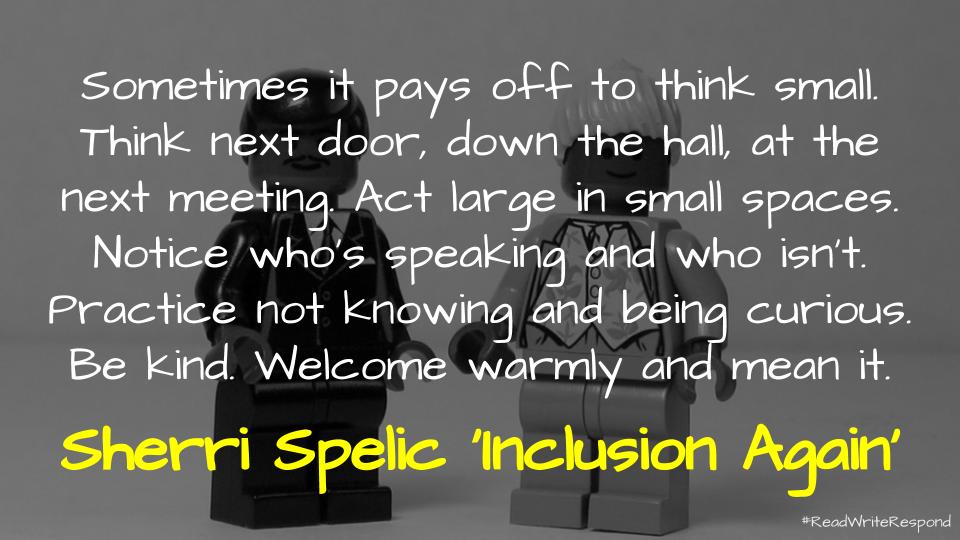Kind: Audios
https://open.spotify.com/playlist/7KEL2s0j7CqoKGzKIE4WSJ
Ford also explores the role of music in regards to history with Christopher Clark. The particular focus is on Beethoven and his association with Napoleon. I really enjoyed the end of the this conversation where Clark explores both the possibilities and limitations of music.
https://switchedonpop.com/episodes/why-u-love-2-listen-2-prince-with-anil-dash
Anil Dash is obsessed with Prince. Since he’s the host of the tech podcast Function, he has a unique perspective on the Purple One’s complicated relationship with technology. Anil joins the show to break down the many ways that Prince predicted the sound and science of modern pop, from drum machines to online distribution to internet culture. We’ll discuss how Michael Jackson jacked Prince’s electronic experimentation for Thriller, why Prince liked to lurk in fan chat rooms, and how he found ways to change his sound without ever sacrificing his integrity. We’re only beginning to understand Prince’s legacy, but Anil takes us one step closer to fully appreciating the ahead-of-their-time talents of a once-in-a-century artist.
Anil Dash discusses both the man and his music. Of particular interest was Prince’s use of technology, as well as his influence on others, such as Michael Jackson.
In Walkaway, Cory Doctorow suggests the differences between disaster and dystopia is often defined by what people do when things breakdown. And things always breakdown.
Links mentioned:
https://www.dancarlin.com/product/hardcore-history-62-supernova-in-the-east-i/
Episode One
Episode Two
Episode Three
Episode Four
Episode Five
Episode Six
That data-centric world seemed benign at first — smartness that helped us. We gave up data about ourselves, and the technology around us got smarter.(Genevieve Bell)
In this return to microcasting, I reflect on playing Command and Conquer and the way in which computer games have changed over time.
I still find Twitter useful but I have to be more careful on it now, especially so I don’t get mired in some toxic thread. Being able to read the threads (comments) of people you do not follow is a feature that only produces more outrage, but that is what engages people and sells advertising.
I submitted my response to Greg McVerry’s questions on Flipgrid:
- Where do you get your Open Pedagopy Fix?
- How do you define-co-learning?
- How does co-learning occur in your space?
I just felt that it was a little short, therefore decided to add a longer response here:
The good news for both advertising and publishing is that neither needs adtech. What’s more, people can signal what they want out of the sites they visit—and from the whole marketplace. In fact the Internet itself was designed for exactly that. The GDPR just made the market a lot more willing to start hearing clues from customers that have been laying in plain sight for almost twenty years.
A reflection on looking at cars and sharing data.
The second part of the episode addresses the Dark Web.
I myself, have taught a class of 230 children and I had to teach under a tree because there was no classroom.
Esnart Chapomba
I was recently challenged on the place of space in regards to learning.
You don’t have to be “protech” or “anti-tech.” Indeed, it’s hard to imagine how someone could realistically be said to be “anti-tech” – your future is going to have more technology in it, so the question isn’t, “Should we use technology?” but rather, “Which technology should we use?” – Cory Doctorow
I attended a ‘cyber-safety’ session that suggested joining students in online social spaces. Beyond concerns with taking away another space for young people, I wonder if the solution is not saying no to technology and social media, but to provide a compelling alternative?
Sometimes it pays off to think small. Think next door, down the hall, at the next meeting. Act large in small spaces. Notice who’s speaking and who isn’t. Practice not knowing and being curious. Be kind. Welcome warmly and mean it.
This microcast is my response to the pop-up MOOC, Engagement in a Time of Polarization, currently running. I have been following proceedings, but have struggled to contribute. After trying to write a more comprehensive reflection, but not knowing where to start, I decided to ‘think small’ and just share a short microcast. For so long I thought ‘engagement’ involved measuring the number of tweets etc, but I have come to respect lurking more and more as a legitimate (in)action.

Confident – the connecting of the dots and capitalising on different possibilities.
Essential Elements of Digital Literacies
In this microcast, I reflect on automating technology and wonder if there is a limit to how far we should go.
Further reading:
Write everyday for 28 minutes for 28 days. #28daysofwriting
via Tom Barrett
Tom Barrett has started up #28daysofwriting again. This is my reflection on the idea of a habit and a sustainable blogging practice.
Further reading:
Can you remember the route by which you came to use Twitter to support your professional learning?
In a recent response to Ian Guest, I spoke about a beginning to getting onto Twitter. After reading Ian’s reply, I realised I may have been ignoring the wild goose chase …
For more than ten years I have been publishing blog posts on at least 360 of the 365 days in a year. The “secret” has been to just make it a priority every day. There have been stretches where for it’s a struggle and there have been stretches when it’s “easy.” The “easier” stretches always come when I get up early in the morning. I don’t like getting up at 4am, but it makes the writing come easier and then I don’t have to worry about it for the rest of the day.
Richard Byrne
A reflection about what goes into writing a blog …

